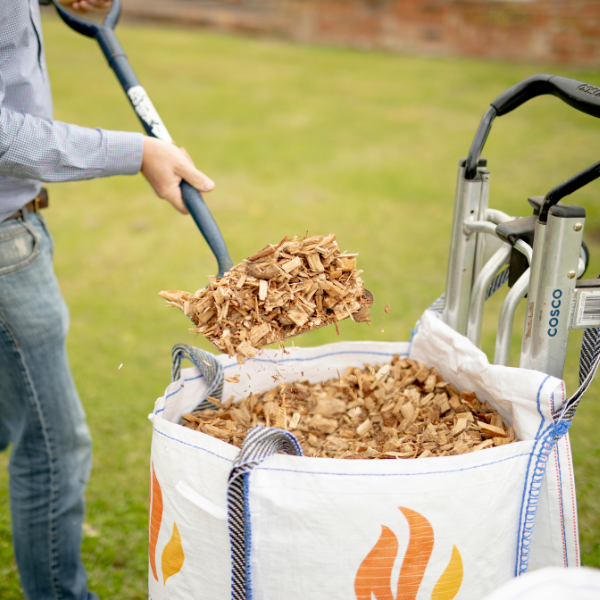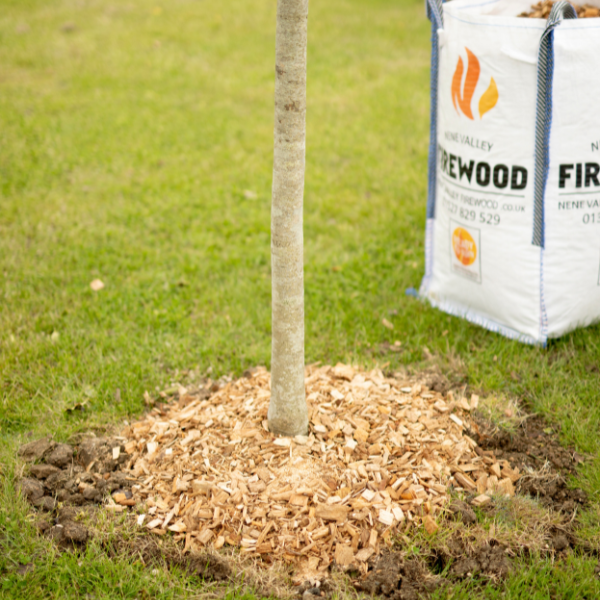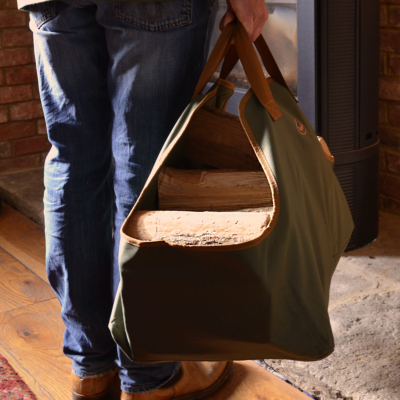Woodchips make an effective mulch for garden beds. Spread a layer of woodchips around your plants to retain soil moisture, suppress weed growth, and regulate soil temperature. As the woodchips break down over time, they add organic matter to the soil, improving its fertility.
2. Pathways
Woodchip can be used to create attractive, functional and environmentally friendly pathways in your garden. Simply lay down a thick layer of woodchips on bare ground or over a membrane to create a natural-looking pathway. Woodchip pathways provide a comfortable walking surface, prevent soil erosion, and allow water to filter into the soil.
3. Composting
Adding woodchips to compost piles will provide a source of carbon-rich material. Composting with woodchips helps balance the carbon-to-nitrogen ratio, improves aeration, and speeds up the decomposition process. Make sure to use smaller woodchips or shred them to accelerate the breakdown.
4. Erosion control
If you have slopes or areas prone to erosion in your garden, woodchips can help stabilize the soil. Spread a layer of woodchips on the exposed areas to prevent soil erosion caused by heavy rainfall or wind. The woodchips create a protective barrier, allowing water to infiltrate the soil while reducing the impact of raindrops.
5. Decorative purposes
Woodchips can be used decoratively in garden beds or around trees and shrubs. They provide a natural and rustic look whilst keeping those pesky weeds at bay! Use woodchips to delineate garden areas, highlight specific plants, or create visual interest.
6. Mushroom Cultivation
Woodchip can be used as a substrate to cultivate mushroom growth as it is nutrient rich. The substrate needs to be prepared by sterilization or pasteurization to eliminate competing organisms and provide a favourable environment for mushroom growth.
7. Habitat Creation
Woodchips can serve as a beneficial habitat for insects, earthworms, and other small organisms. These creatures contribute to a healthy ecosystem by improving soil structure, pollinating plants, and controlling pests. By providing a sheltered environment, woodchips support biodiversity and ecological balance in the garden.














